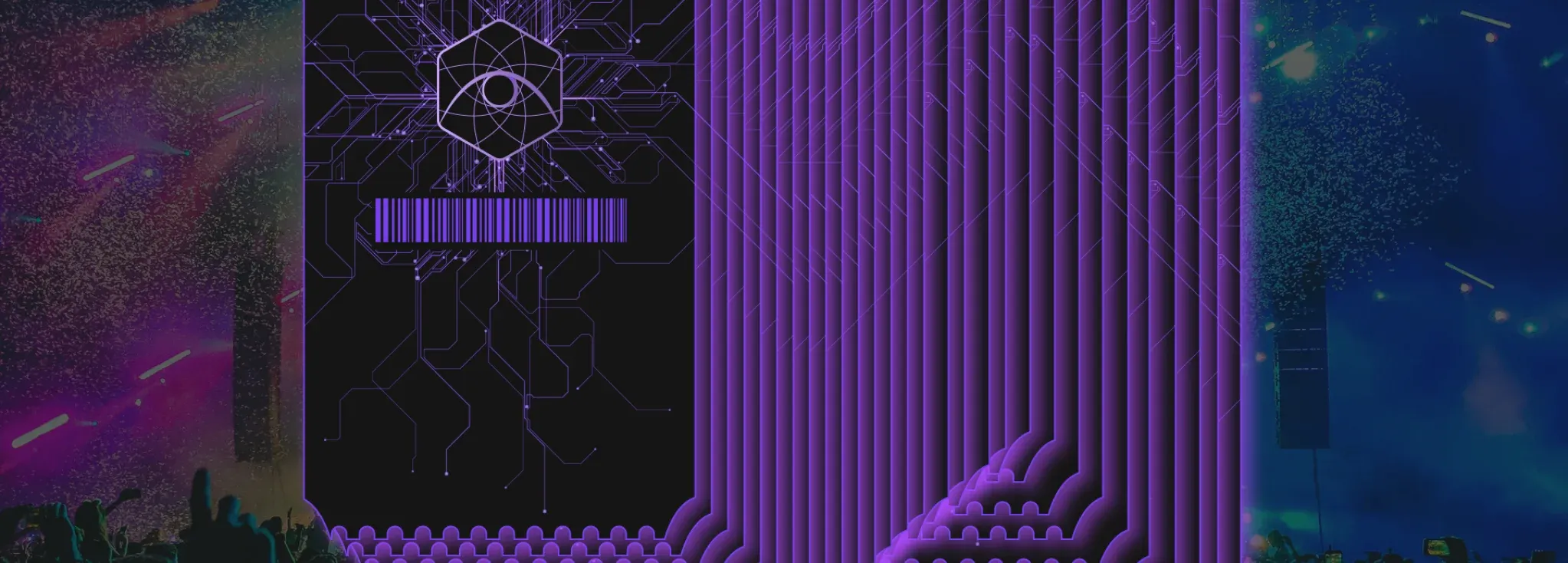
Revolutionizing Super Bowl Ticketing with the Development of NFT Technology
In addition to being a showcase for athletic prowess, the Super Bowl—one of the most anticipated events in American sports—has also been a hotbed of ticketing problems, especially scams that take advantage of fans' desire to watch the game live. A potential remedy for these persistent issues is the introduction of Non-Fungible Token (NFT) technology in ticketing.
The issue with Super Bowl ticket scams
The Super Bowl's enormous demand has created an equally enormous opportunity for ticket fraud and scalping each year. Conventional ticketing methods frequently fail to confirm the legitimacy of tickets, making fans susceptible to fraud. Many people have had their excitement turned into disappointment due to counterfeit tickets, exorbitant resale prices, and the impersonal nature of digital ticketing.
Rescued by NFT Ticketing
The blockchain-based technology known as NFT ticketing provides fans with a special, safe, and entertaining way to buy and hold their tickets. Every NFT ticket is a unique digital asset that serves as both admission to the event and a keepsake that may contain unique content, like behind-the-scenes videos or limited-edition goods. By offering a verifiable digital ledger of ownership and transaction history, this technology naturally addresses counterfeit issues.
Achievements: LVI Super Bowl and Beyond
A significant turning point was the introduction of NFT ticketing at Super Bowl LVI. In a historic step, the NFL and Ticketmaster collaborated to offer commemorative NFTs in addition to regular tickets. This made every ticket a collectible item and a piece of Super Bowl history, while also improving the security of the ticketing process and providing fans with a unique way to remember their attendance.
Important Sports Events Using NFT Ticketing
- Super Bowl LVI. In order to improve the fan experience by providing digital mementos, the NFL teamed up with Ticketmaster to provide commemorative NFTs for attendees.
- The Grand Prix of Formula 1 Monaco. Beginning with this esteemed racing event, Platinum Group, the biggest ticket operator for Formula 1, launched NFT ticketing. Offering more secure tickets and individualized fan experiences were the goals of this initiative.
- Events with Sports Illustrations. In order to enter the primary ticket sales market, Sports Illustrated has extended its ticket sales to smaller community events through its new NFT ticketing platform, Box Office, which is based on Polygon, an Ethereum scaling network.
These instances all demonstrate the benefits of NFT ticketing.
- Improving Security. NFT tickets drastically lower the risk of fraud because they are practically impossible to counterfeit.
- Offering Distinct Fan Experiences. Participants receive a collectible digital asset in addition to their ticket, which may include memorabilia or exclusive content.
- Simplifying the entry process. A more seamless admissions process is guaranteed by blockchain technology, which verifies all ticket ownership transfers.
Evaluating NFT Tickets' Potential for Upcoming Events
The Super Bowl success of NFT ticketing highlights how much potential it has to completely transform the experience of attending an event. By using smart contracts that regulate resale terms, NFT tickets have the potential to drastically reduce the volatility of the secondary market in the future and guarantee fans receive fair prices. Additionally, because NFTs are customized, event planners can provide more specialized experiences by opening up new channels for fan interaction.
In conclusion
A new era of event ticketing has begun with the Super Bowl, where NFT ticket technology was used. NFTs have the potential to revolutionize not only sports ticketing but the live event industry as a whole by tackling the enduring problem of ticket scams and increasing fan involvement. The future of ticketing appears to be more secure, customized, and exciting than ever as blockchain technology develops further.
Call to Action
The move to NFT ticketing gives both event planners and fans a preview of a future where going to live events is safer, more engaging, and more distinctively memorable. The prospect of a better, scam-free ticketing experience grows more real as we anticipate more events implementing this technology.
The purpose of this article is to discuss the revolutionary potential of NFT ticketing, specifically as it relates to the Super Bowl experience, offering insights into how this technology can address current issues and create new opportunities for live events in the future.